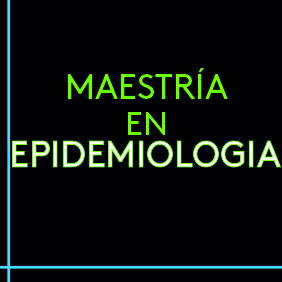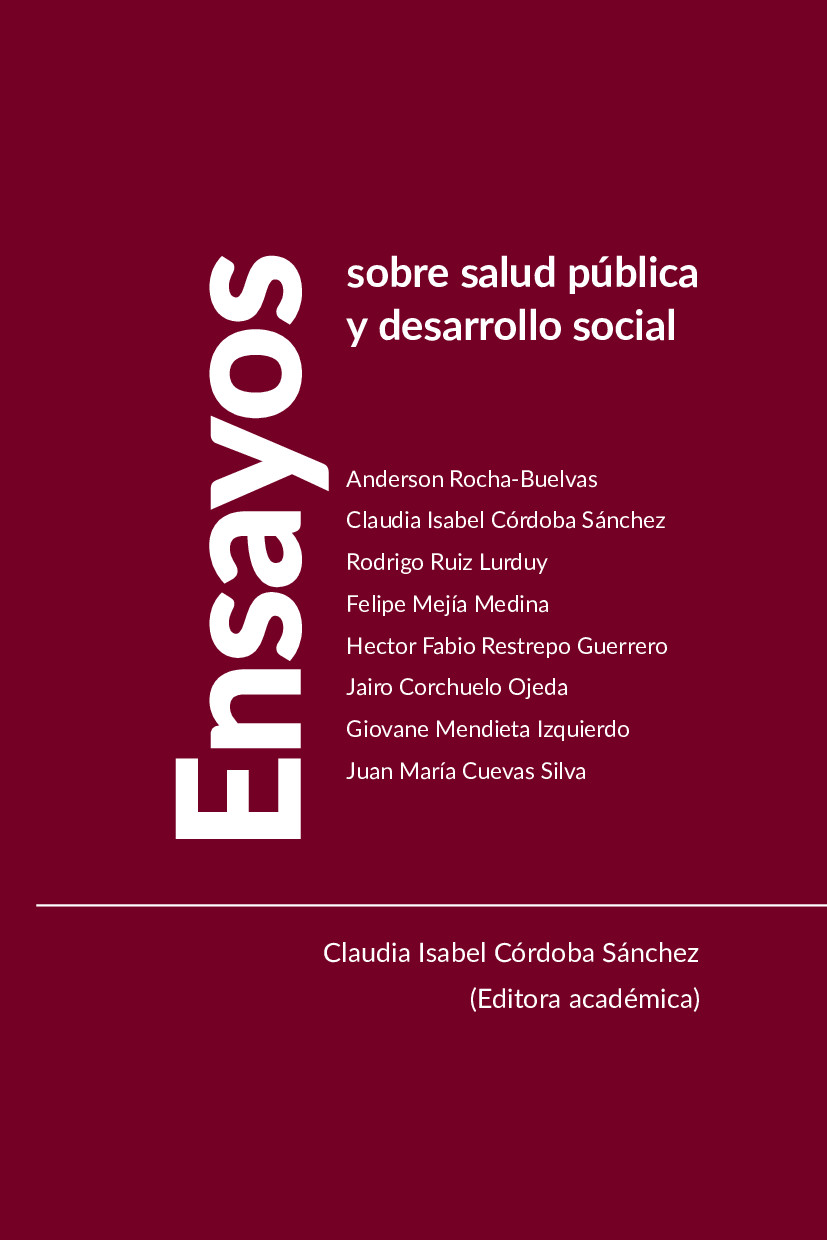Abstract
Introducción: el diagnóstico y tratamiento del cáncer de mama son acontecimientos estresantes que producen en las pacientes dificultades psicopatológicas y un detrimento de su calidad de vida. Métodos: se realizó un estudio cuantitativo descriptivo transversal en 58 mujeres entre 35 y 65 años, diagnosticadas con cáncer de mama que recibían tratamiento en ‘Oncólogos del Occidente S.A., Pereira’. Se aplicó una encuesta que evaluó: salud física, psicológica, relaciones sociales y vida sexual. Se realizaron distribuciones de frecuencias y análisis univariados y bivariados para las variables demográficas,
y prueba de hipótesis para el puntaje global del test. El cuestionario fue alidado
a través de una prueba piloto y un análisis de confiabilidad interna, cuando
se incluía y excluía la pregunta de actividad sexual en las respuestas (Alfa de
Chrombach=0.703 y 0.77 respectivamente). Resultados: la mayoría de las mujeres reportaban una calidad de vida “buena” (T= 24.9 y significancia estadística <0.0001). Los puntajes variaron según la ctividad sexual. El 20,06% de las mujeres sexualmente activas tenían una calidad de vida muy buena, 52,9% buena y 23,5% regular; mientras que en la población sexualmente inactiva se evidenció que el 29,2% es muy buena, en el 54,2% es buena y en el 12,5% es regular. El mayor deterioro fue en la actividad física máxima, donde el 41.4% respondió: actividad ligera. Conclusión: más de la mitad de las pacientes en tratamiento para cáncer de seno sexualmente activas e inactivas de la institución Oncólogos de Occidente S.A, tienen una calidad de vida en el rango “Buena”.
Abstract
Introduction: breast cancer diagnosis and treatment are stressing occurrences that generate psychopathological difficulties in patients and a detriment in their quality of life. Methods: a cross-sectional study was performed in 58 women ages 35 to 65 who were diagnosed with breast cancer. The women received treatment at “Oncologos de Occidente S.A” in Pereira. The information was gathered using a survey that asked about: physical and psychological health, social relations and sexual behavior. Data was tabulated using “Microsoft Excel 2007” and analyzed with “SPSS version 17.0.” Frequency distributions, univariate and bivariate analysis for demographic variables were performed; hypothesis testing was done over the mean score obtained in the tests. The questionnaire was validated through a pilot test and the analysis of its internal reliability when including or not the question about sexual activity (Chrombach’s alpha= 0.703 and 0.77 respectively). Results: most of the women reported their quality of life as “good” (T = 24.9 and statistical significance <0.0001). Scores varied depending on the sexual behavior, 20.06 % of sexually active women revealed a “very good” life’s quality, 52.9 % reported as “good” and 23.5 % as “regular” whereas the sexually inactive women population statistical analysis revealed life’s quality as “very good” for a 29.2 %, “good” for the 54.2 % and “regular” for a 12.5 %. The most deteriorated aspect was “physical activity” reported in a 41.4% as “light activity”. Conclusion: quality of life for active and inactive sexual life patients of the institution “Oncologos de Occidente S.A” was reported as “good”.
Keywords Life Quality; Breast Cancer; Self-Esteem.
Licence
Authors should declare no conflicts of interest either for reasons of financing the project which is the result of the article; as well as intellectuals, academics, moral and investigative reasons.
The Journal of Andean Research is home to the ethical rules for publications issued by the COPE: http://publicationethics.org/resources/code-conduct


















